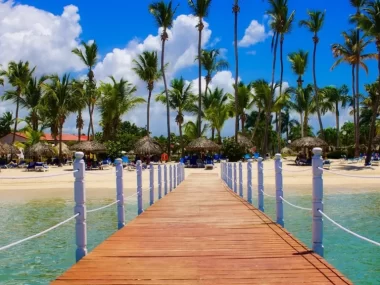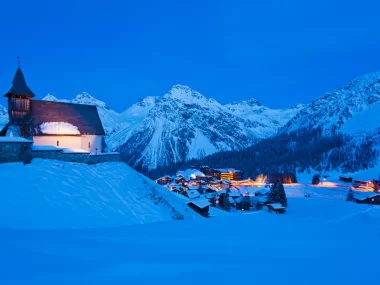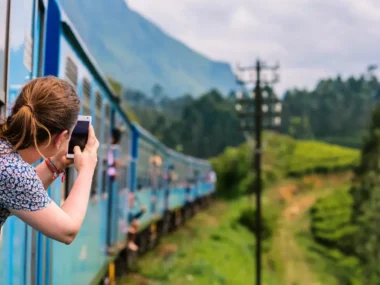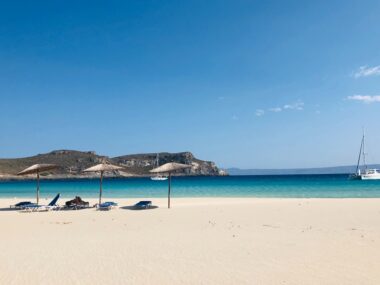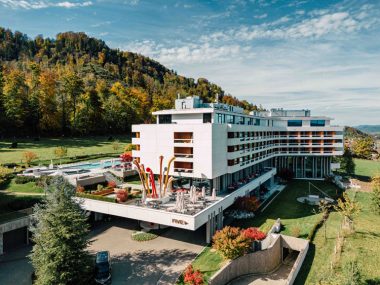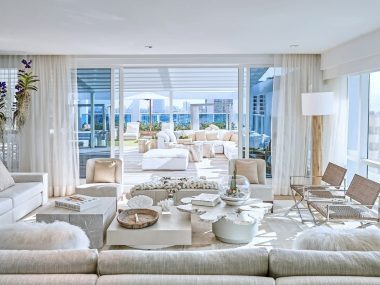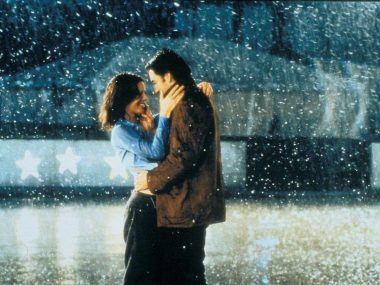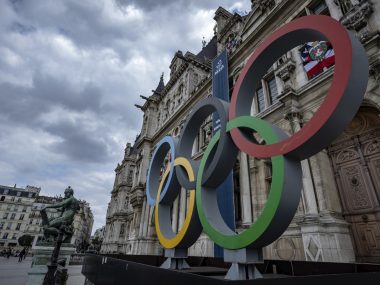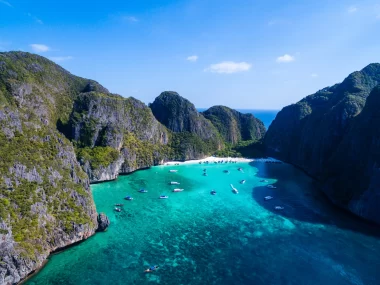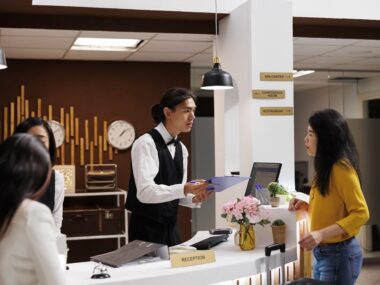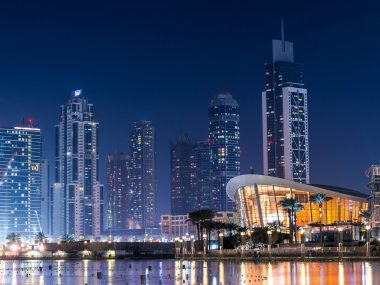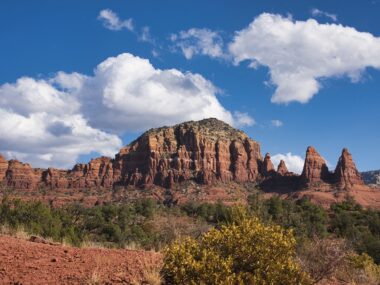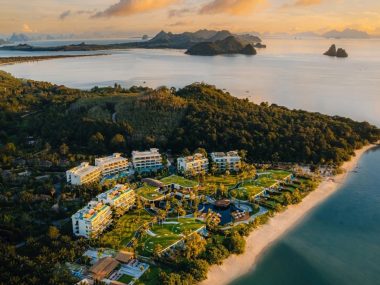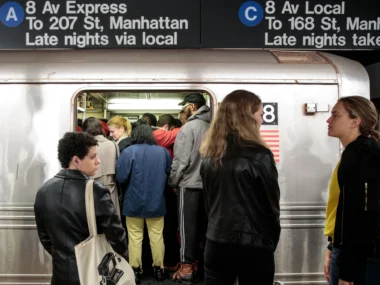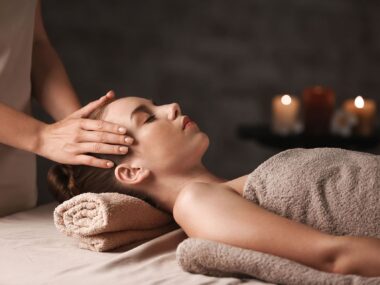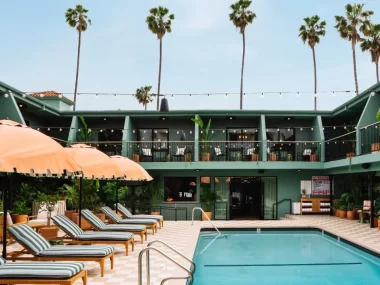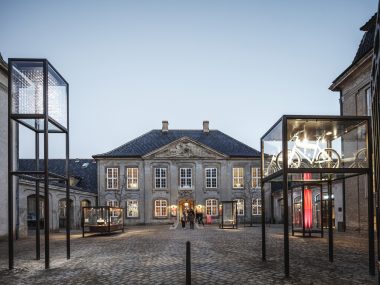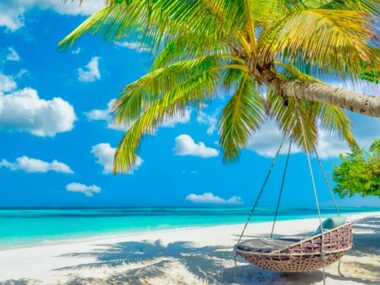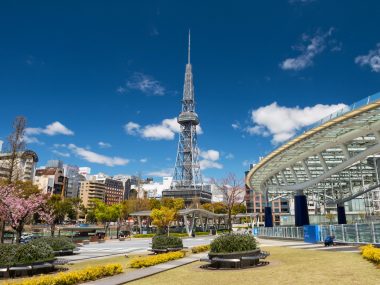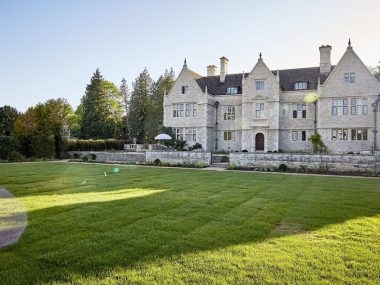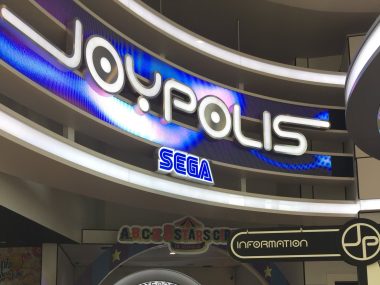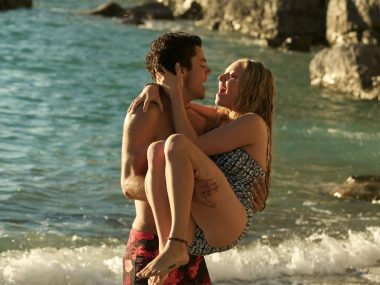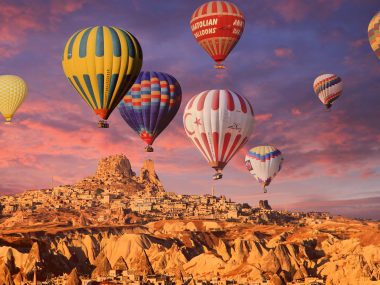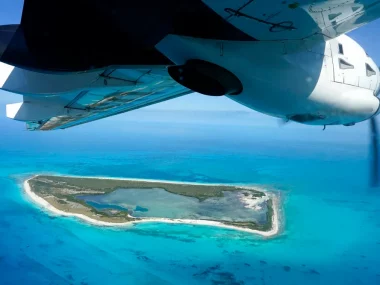|
Neubauer Coporation
Getting your Trinity Audio player ready...
|
And what else is interesting on the peninsula?
If you are asked which city is considered the gambling capital of the world, you will probably answer: “Las Vegas!” But no. If you study the monetary turnover of the gambling business, the first place will be a not so popular, but incredibly interesting place called Macau. This is a former Portuguese colony, now a special administrative region of China.
Only in 1999, after many years of negotiations, Macau became Chinese again. True, with a small note: over the next fifty years, the usual way of life will be completely preserved in this city-state. So there is not much time left to see Macau in its original form. Although, of course, many signs of a new time have already appeared here today.
Macau consists of two parts, which, logically, should not get along together. Depending on which part you end up in, your idea of the city will be formed. One part is old, mostly Portuguese, where each street is truly unique. At times it feels like you are in Lisbon or another Portuguese city. However, around the corner you suddenly find yourself in the old China of the films (and films were actually filmed here, for example, Indiana Jones and the Temple of Doom by Steven Spielberg or 2046 by Wong Kar-wai). A Chinese pagoda can exist peacefully next to a Catholic church, and the street names are duplicated in Chinese and Portuguese.
In the old part there is a huge number of historical monuments, for which you need to allocate at least two or three days. This is primarily Senado Square, which is laid out in traditional Portuguese azulejos in the form of black and white waves (as a symbol of the fact that the city is located on the sea). Here is the former Senate building (now the Bureau of Municipal and Civil Affairs), the Church of St. Dominic, the Holy House of Mercy, a bunch of restaurants and boutiques. In general, the entire historical center of Macau was inscribed on the UNESCO World Heritage List in 2005.
It is definitely worth visiting the local market. What a number of unusual delicacies there are, the purpose of many of which is difficult to guess! Only here I saw unidentified sea reptiles, which I had never seen before or since.
Chinese tourists in numerous shops on the market buy dried meat on an industrial scale in thin plates. It can be sweet or spicy, with different flavors. I don’t think it’s worth buying this popular delicacy (let’s say, it’s not for everyone), but you can definitely try the variety of flavors. Tastings take place in each shop. In addition to meat, you will also be fed with various unusual sweets and tea of all varieties and types. Therefore, do not have breakfast before going to the market.
But what you definitely need to buy (fall in love, buy more and buy every day until you leave) are the famous egg tartlets. If you’ve been to Lisbon, you’ve probably tried pastel de nata, a typical Portuguese dessert. So, these tartlets are a Portuguese delicacy creatively reworked to suit Asian tastes.
In general, Macau cuisine is an amazing mixture of southern Chinese traditions and Portuguese ingredients (or vice versa, depending on the dish). It is no coincidence that there is even such a thing as “Macanese” – a special style in gastronomy.
Adult games
The new part of Macau consists of numerous casinos. There are about forty of them in total, and it was they who secured the peninsula the title of the gaming capital of Asia. Only here residents of the PRC (including party members) can legally bet with money. And they actively use this right. The Chinese fly in on weekends just to sit around the gaming tables all day long. They say there are special rooms for especially important guests, where rates start at a million Hong Kong dollars. I’m indifferent to casinos, so I just walked around local hotels as if they were museums. What’s missing here! Flower palaces, internal canals with gondolas, hand-made copies of ancient frescoes, your own Eiffel Tower on a scale of one to two, singing and dancing fountains, funiculars flying over the lake, a unique Ferris wheel at an altitude of one hundred and thirty meters in the shape of a figure eight – each casino has its own a special feature to stand out from others. When it seems that it is no longer possible to surprise with something, there is sure to be something stunning in the next hotel-casino. But keep in mind that a sense of proportion is definitely not what this place is about. So, in the local “triumph of kitsch,” people of fine spiritual organization may seem uncomfortable.
Although this part of the peninsula is considered new, gambling in Macau was actually allowed back in the 1980s, when it was considered Portuguese. But then, as documents show, casinos were more like opium dens than today’s luxurious palaces. Only in the middle of the last century, after the end of World War II, Macau gradually began to take on its current shape. At the end of the 60s of the 20th century, the hotel-casino Lisboa (“Lisbon”) was built, which is still a symbol of the city. Well, then the construction of more and more casinos began – bigger, higher, more expensive. Among them, for example, The Venetian Macau is the largest casino in the world.
By the way, because of the Chinese love for gambling, I advise you to plan your visit to Macau on weekdays and well in advance. On weekends, finding a free place in a hotel is almost impossible. When I saw on the booking website that the hotel occupancy for Saturday-Sunday was ninety-eight percent, I decided: this was definitely some kind of mistake. But no, literally everything was booked; only suites from five thousand dollars a day were available. Later, the owner of the apartment, whom we barely found through friends, told us that gambling addicts from all over China fly to Macau on weekends. And some festivals are constantly held here, and then there are no rooms in the hotel even on weekdays. And yes, look for housing in the old part. Only here you can truly feel the atmosphere of that Macau, which may soon cease to exist.
Our advice to you:
1. There is no direct flight to Macau from Russia. You can get here by plane from neighboring Asian countries – for example, from Thailand, Malaysia, South Korea, Japan, Singapore, and there are two more interesting options. One is to take a ferry from Hong Kong, they leave every half hour, the journey time is about an hour (in Macau itself you don’t even have to change money and pay in Hong Kong dollars). The second is to travel across the world’s longest sea bridge, fifty-five kilometers long, from Hong Kong or Chinese Zhuhai, in Guangdong province.
2. Residents of Russia do not need a visa if you do not intend to be here for more than a month.
3. Since Macau is a duty-free zone, be sure to leave time for free shopping. Mobile phones, appliances, branded items and gold items are what you should pay attention to.
4. Also in Macau, it is worth wandering through the shops with all sorts of Chinese traditional medicine. At first, of course, you will feel like you are in the kingdom of some kind of forest witch – all these mushrooms, dried sticks, jars with incomprehensible contents. But if you take one of the locals with you, you can discover some really interesting health things.
5. If you want to tickle your nerves, we give you an idea: you can bungee jump from a height of 233 meters. They say the free fall speed reaches 200 kilometers per hour. Brrr!
6. If you’re in Macau with your family, plan to visit the Giant Panda Pavilion. In addition to the pandas themselves, who live in the glass pavilion, there are a lot of monkeys and picturesque carps in the pond on the territory (take food for them, excellent photos are guaranteed).



